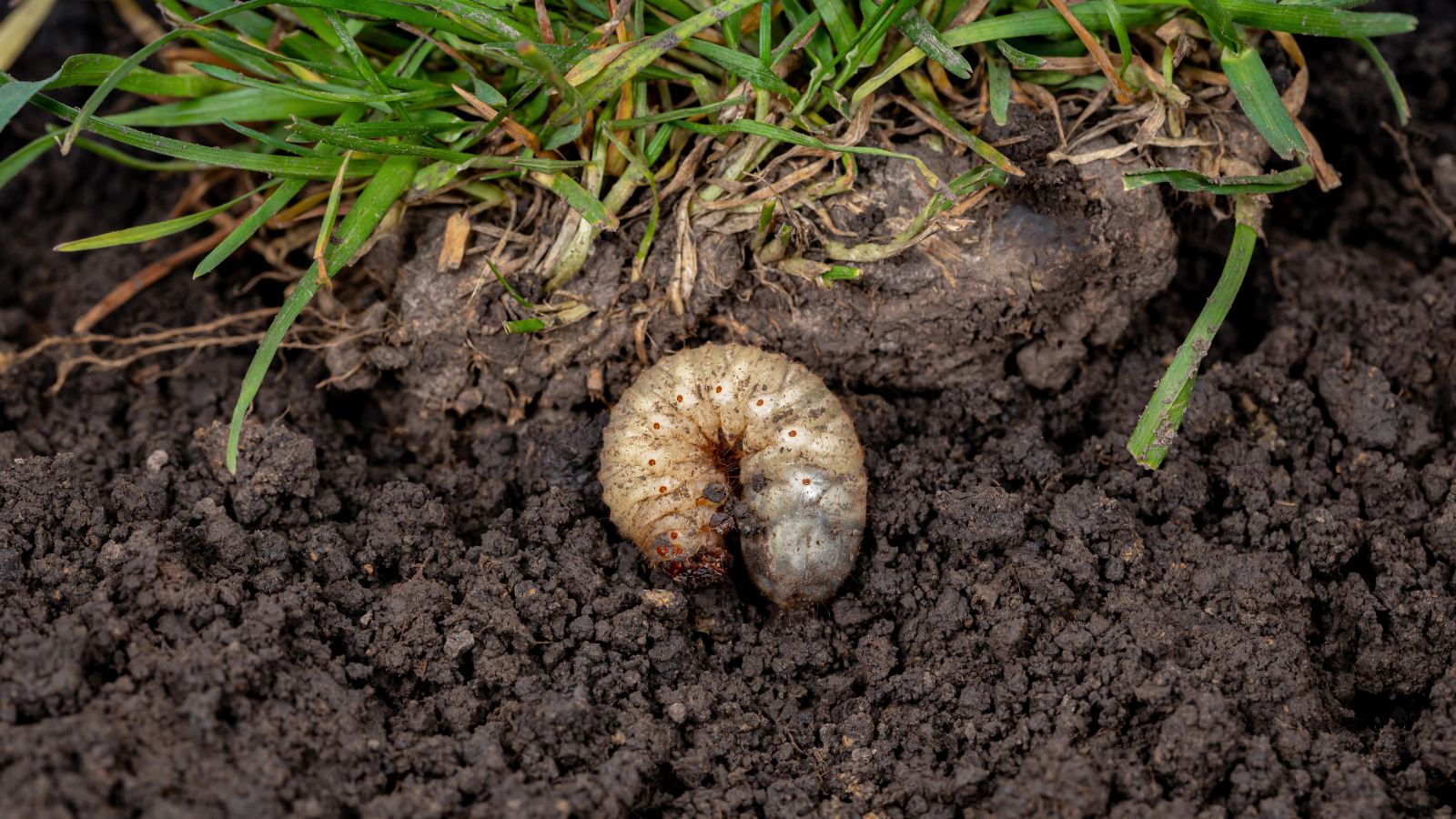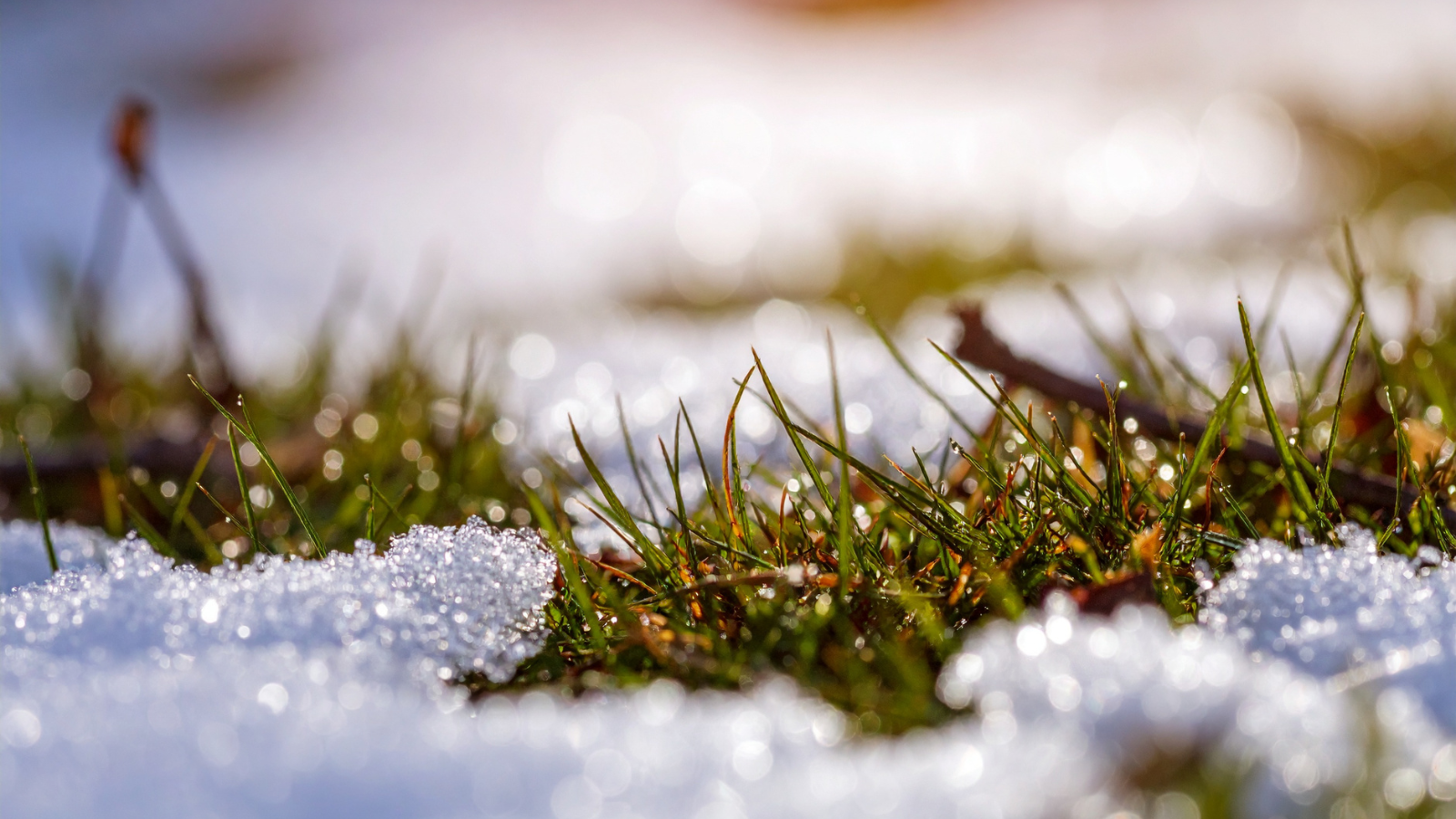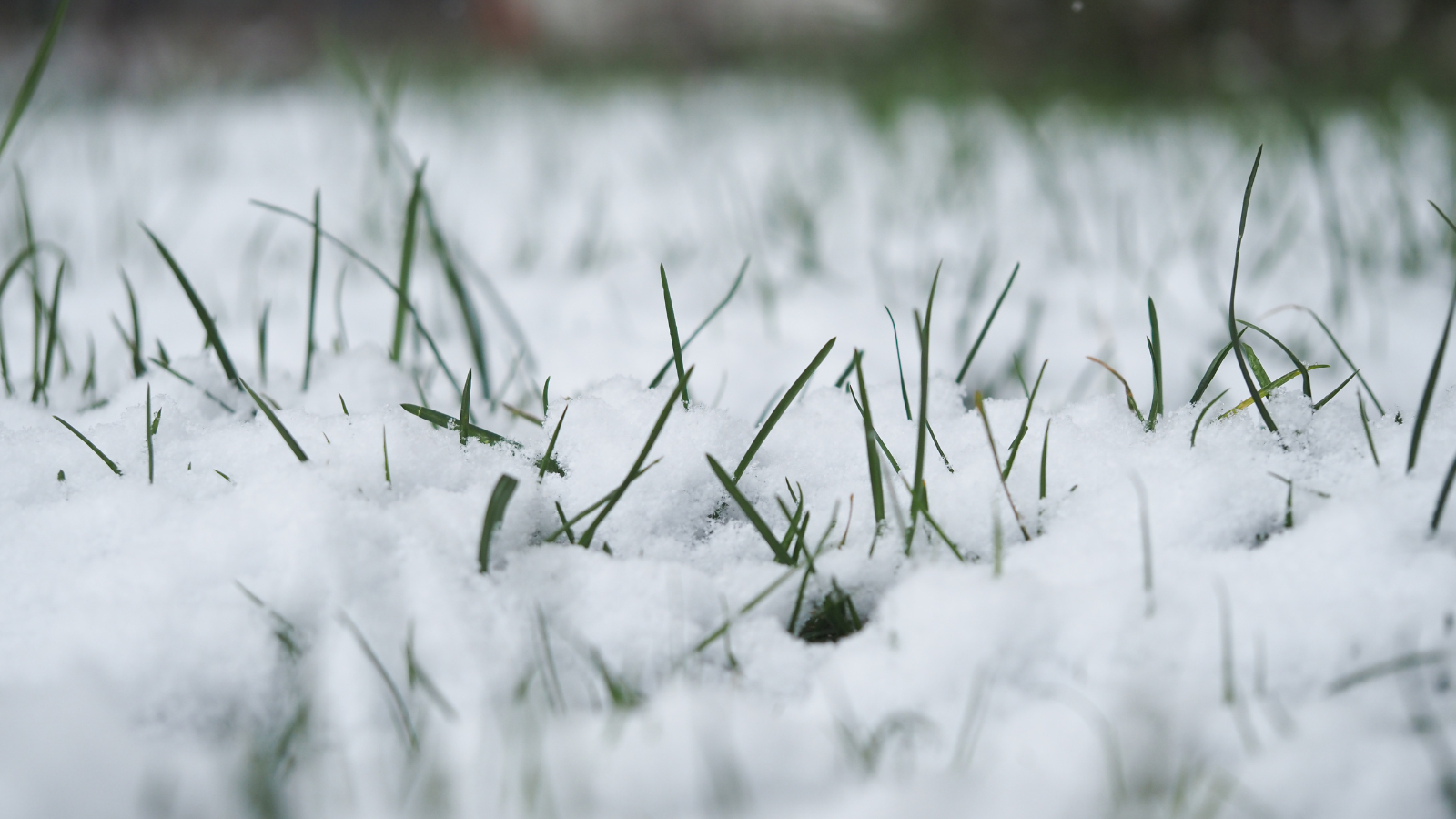June 30, 2025
6 Tips for Reducing the Spread of Fungal Diseases in MI Lawns
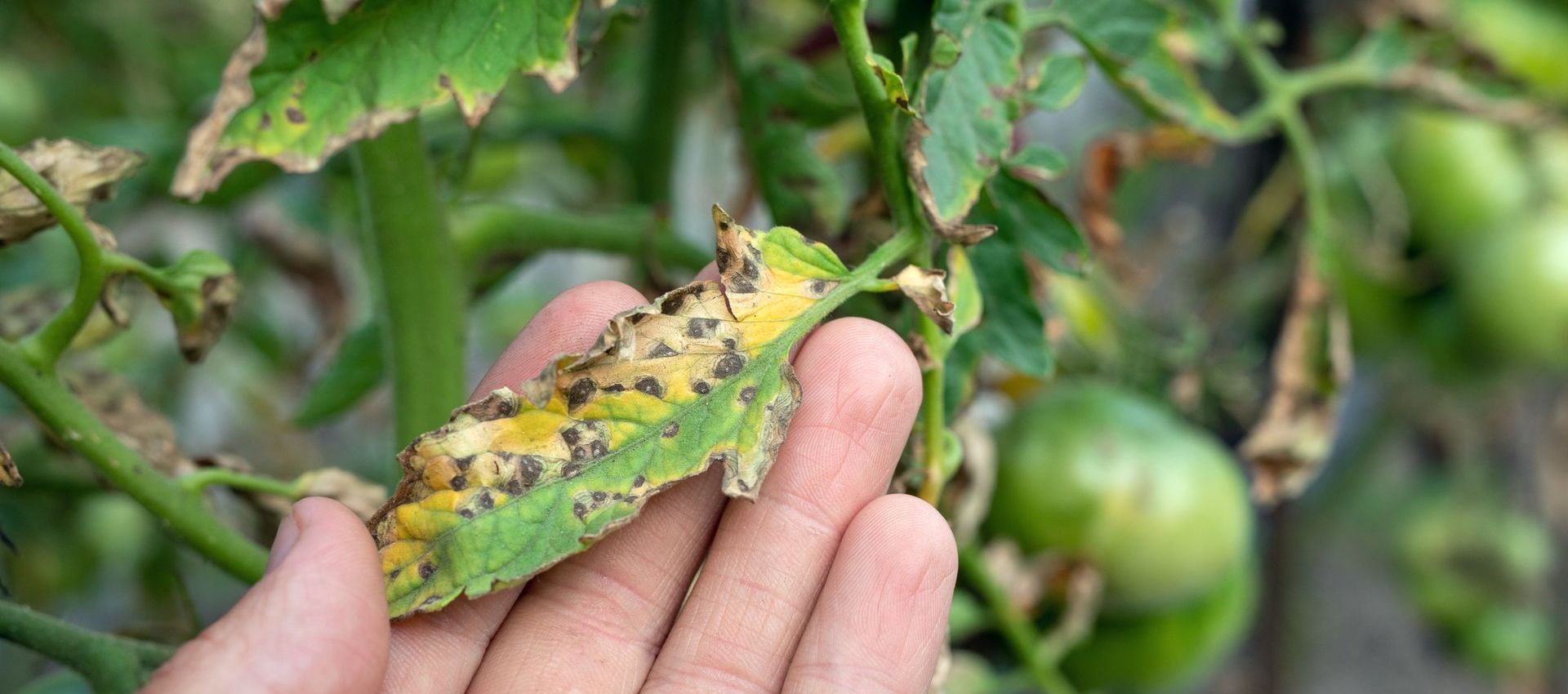
Maintaining a healthy lawn in Michigan can be challenging, especially with the state’s damp springs, which can create ideal conditions for fungal diseases. Without proper care, these diseases can quickly spread, damaging your lawn’s plant life and diminishing the beauty of your landscape. Fortunately, many of these issues can be prevented with proactive care and a few simple best practices. Here are six tips to help reduce the spread of fungal diseases and keep your Michigan lawn lush and resilient all season long.
#1 Remove Dead Plant Material
Removing dead, decaying or infected plants can significantly reduce the risk that fungal diseases will spread among plants. Boxwoods, for example, are less susceptible to catching boxwood blight if infected plants are removed or relocated farther away.
Pruning your plants early on can reduce the likelihood that disease will continue to spread. By removing infected branches, you improve air circulation and sunlight exposure, which makes it harder for fungal diseases to survive. Regular pruning also ensures that disease isn’t carried to other plants, reducing their chances of catching a disease.
#2 Avoid Overcrowding
Planting your plants too closely can compromise their health if one is infected with a fungal disease. When plants are planted right next to each other, airflow is restricted. This creates a damp environment where fungal diseases thrive.
Proper spacing ensures each plant gets enough light, nutrients and air circulation, helping to prevent health issues and encourage strong development. Plus, even spacing also means that there are fewer
hiding places for pests, which can wreak havoc on your landscape.
#3 Clean Mowing Equipment and Pruning Tools
Cleaning mowing equipment and pruning tools is crucial for preventing the spread of fungal diseases. Dirty tools can transport fungi from one plant to another, increasing the risk of infections. Regularly disinfecting blades and equipment helps keep your garden healthy and reduces the chances of disease transmission.
One simple yet effective way to sanitize tools is with rubbing alcohol. Using a damp cloth, the solution can be applied to your pruning tools. Regularly cleaning in between uses can further protect your lawn from hidden threats.
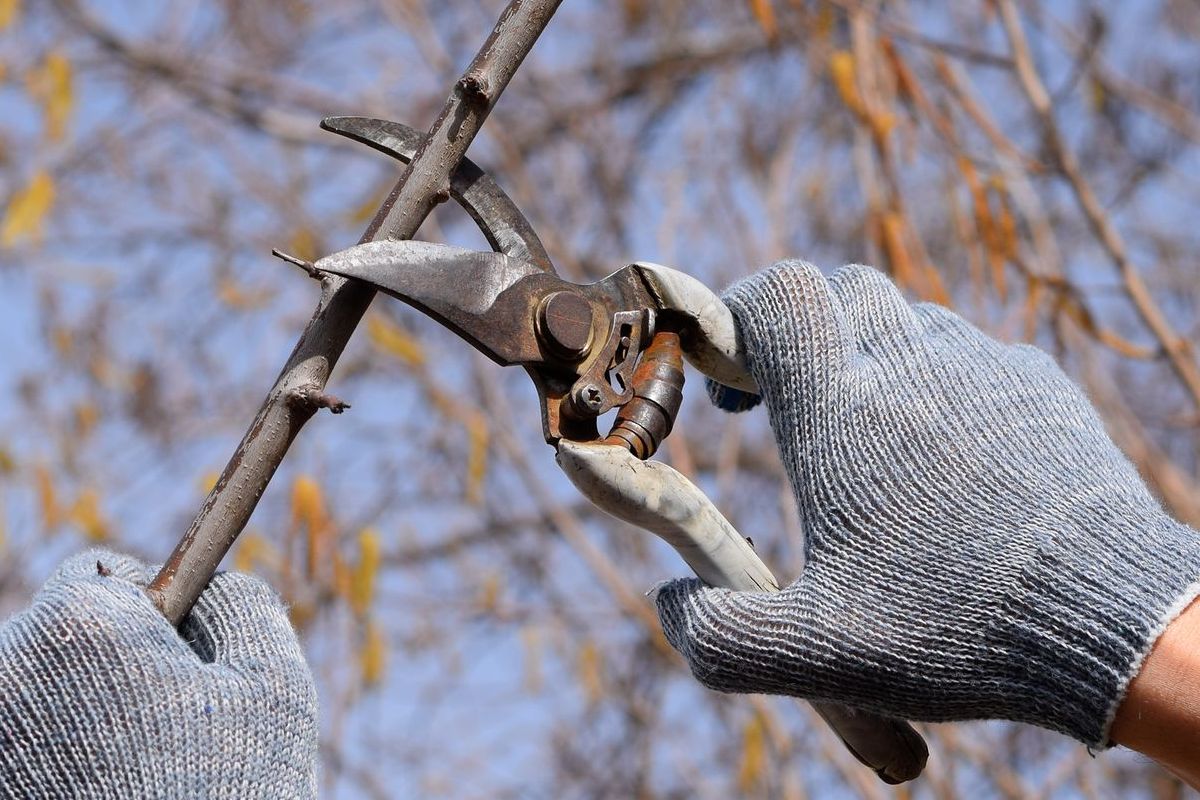
#4 Water Your Plants Correctly
Watering your plants correctly is an important way homeowners can lower the risk of fungal disease from developing in their lawns or gardens. Overwatering can lead to root rot and create moist conditions that promote fungal growth, while underwatering can weaken plants and make them more vulnerable to lurking fungi. Providing the right amount of water at the base of the plant, preferably in the morning, not only promotes root growth but makes plants less susceptible to fungal disease.
#5 Opt for Resistant Strains
Opting for disease-resistant plant strains can help protect your garden from common fungal infections. These varieties are bred to withstand specific pests and diseases, which reduces the need for chemical treatments and applications. Choosing resistant strains can lead to healthier plants, lower maintenance and a more resilient garden overall.
#6 Use Fungicides
Using fungicides can be an effective way to manage and prevent fungal diseases in your garden. When applied correctly, they help protect healthy plants and stop the spread of infections. However, it’s important to consult with a lawn care expert to avoid harming yourself or the environment during the process.
Fungicides can help prevent a variety of diseases including:
- Anthracnose – often leading to thinning and yellowing patches in lawns
- Blight – Causes browning in stems and leaves, known for affecting boxwoods
- Rust – Causes rusty spots to appear on leaves of infected plants, weakens overall health
- Black Spot – Mainly affects roses, causes defoliation and weakens overall health
- Fusarium – Causes, wilting, yellowing and death in plants
- Powdery Mildew – Can mitigate plant growth and leaves a white film on stem, buds and flowers/fruits
- Verticillium Wilt – Causes drooping, yellowing of leaves and death in severe cases
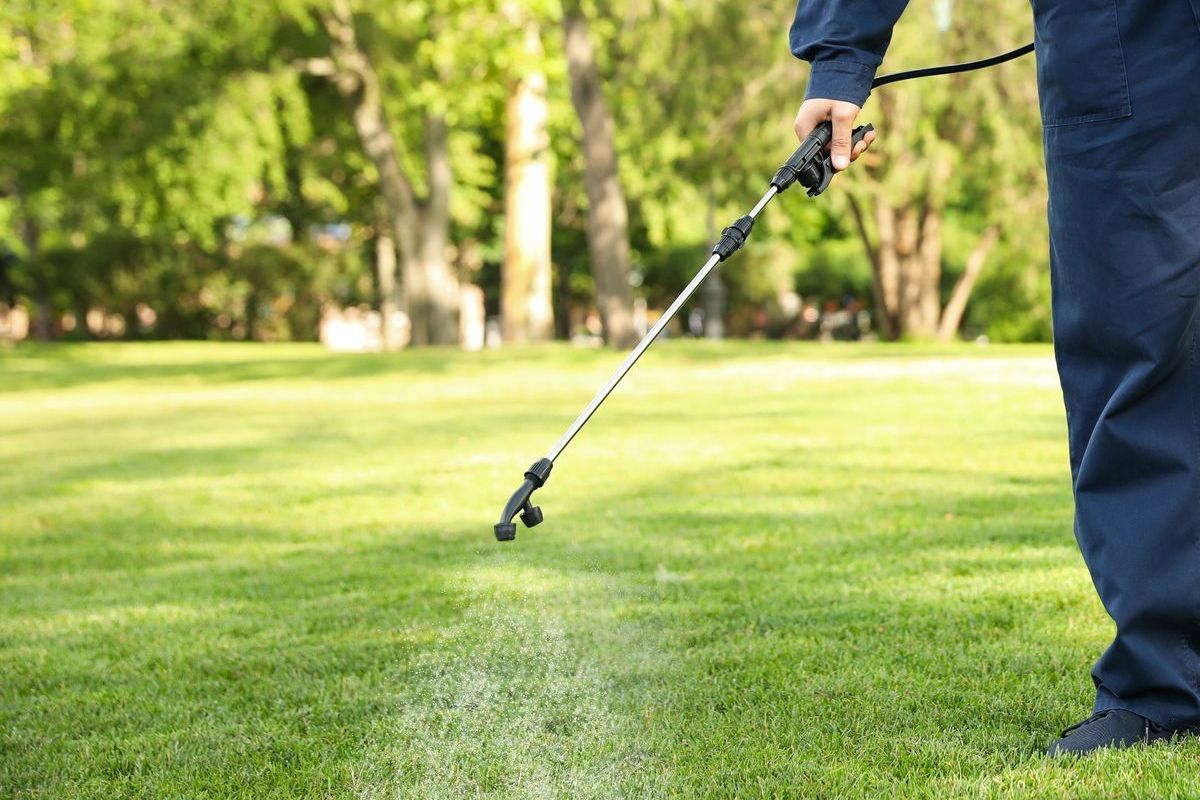
Consult a Professional for Fungicide Application
Having a professional lawn care technician apply the fungicide ensures that the treatment is used safely and effectively. Experts can accurately diagnose plant issues and recommend the right type and dosage of fungicide for your plant’s specific needs.
This helps avoid unnecessary chemical use and promotes a healthier, more balanced lawn. Additionally, professionals can time applications strategically to prevent outbreaks before they begin, giving your lawn the best possible protection.
Looking for Lawn Care Technicians? Visionary Fertilization Is Standing By!
Need advice from professional lawn care technicians? We’re eager to help! Based in Shelby Township, Visionary Fertilization proudly serves Macomb County and the surrounding areas. Our lawn care experts can manage your lawn and help prevent the transmission of fungal diseases.
If you’re looking for professionals who can manage your lawn and keep plant disease in check, give us a call at 586-315-6384 to learn more. If you would like more about our other services, including lawn care or seeding and aeration, visit our website by clicking the link here.

